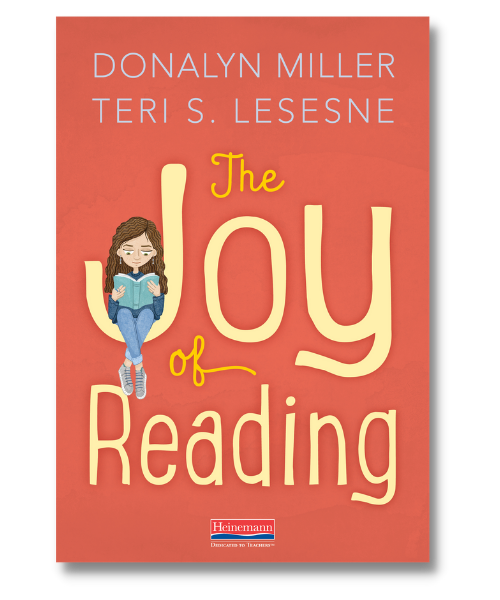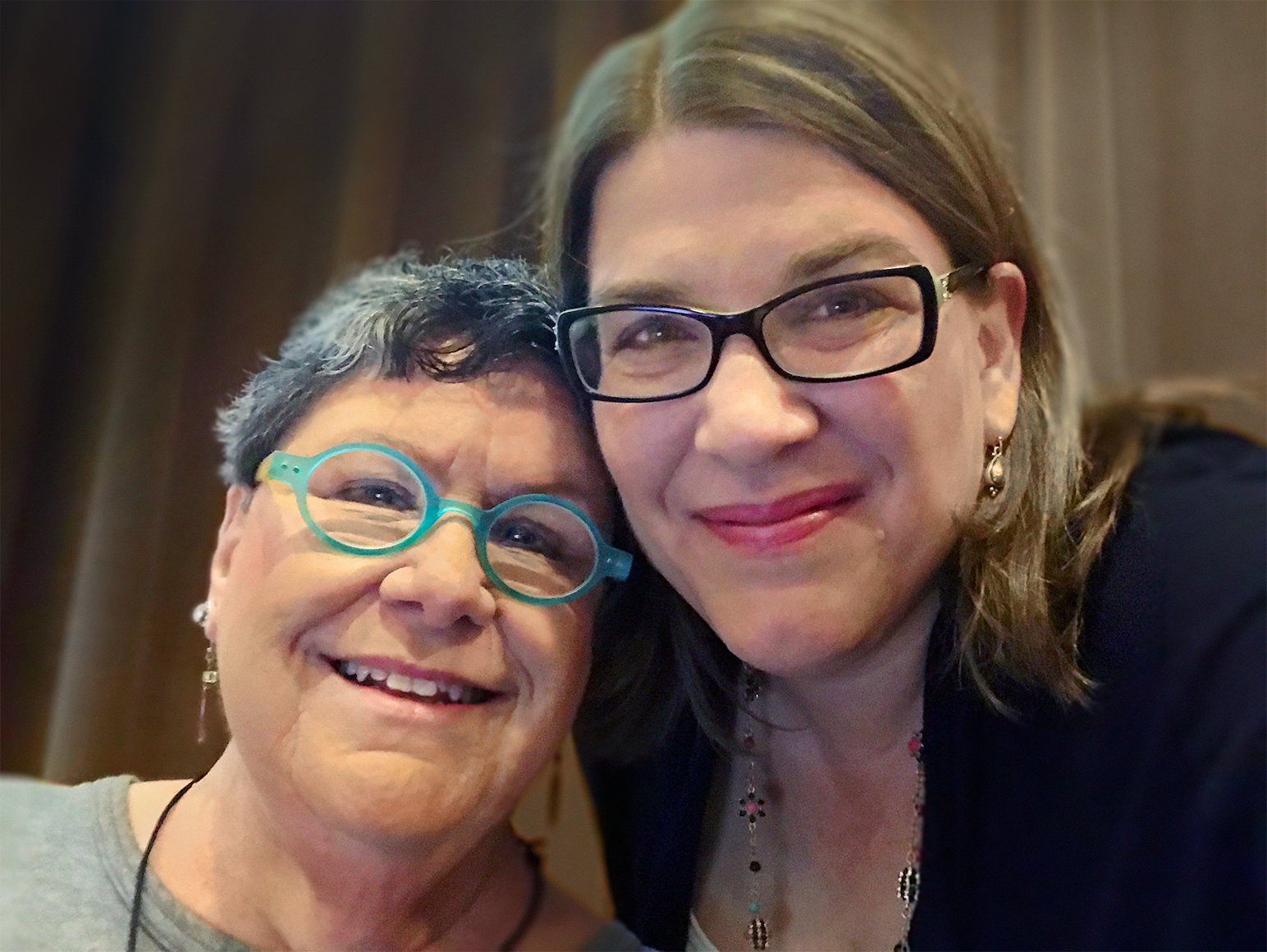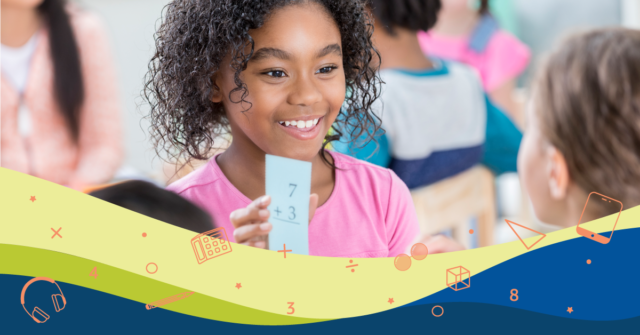
As teachers, we know that considering oneself to be a reader not only correlates to stronger reading skills; it is also a part of who we are as people. Yet, as the world grows more challenging for us and our students every day, our reading lives can suffer.
In this adapted excerpt from The Joy of Reading, Donalyn Miller and Teri Lesesne have some suggestions for how to find our way back to reading, even in difficult times.
What can you do when motivation for reading—ours and our students’—flags?
A survey of hundreds of adult readers in the United States during the summer of 2020 sought information about how the pandemic and accompanying isolation influenced people’s reading interest and behaviors. Examining the choices and strategies readers employed to navigate reading slumps during the pandemic offers insight in how to support readers who lose their interest and momentum during any stressful period or setback. It is easily still applicable today. Readers of all ages shared suggestions for sparking reading motivation or momentum when readers have lost their joy.
- Revisit favorites. Students are often discouraged from rereading books because it doesn’t appear rigorous or challenging enough, even though researchers have established that rereading is a powerful strategy for improving comprehension and fluency. If you have reread a beloved favorite, you recognize that you read a different book each time—picking up nuances in character development, plot details you missed, or key information you didn’t understand the first or second time. Students’ comprehension improves with each read, but beyond its comprehension benefits, rereading offers comfort. For readers who develop personal attachments to authors and characters, rereading often feels like visiting old friends and well-known places.
- Choose lighter fare. So much of what we read online is frightening and depressing these days. Reading a happily-ever-after ending or an adventurous travelogue can give us a sense of hope, soothe our wanderlust, or help us visualize a happier future. Joyful reading experiences include a range of texts matching readers’ needs and interests, including our desire for entertainment, inspiration, or pleasure.
- Pick something short. If that seven-hundred-page historical epic on your nightstand seems daunting, kick-start your reading momentum with shorter texts like graphic novels, poetry, and short story anthologies, or periodicals. Keep some short stories, poetry collections, or magazines where students can grab a quick read. Read aloud short stories or poems from longer collections, then offer the books for independent reading.
- Try an audiobook. If you feel the urge to keep busy and cannot sit still for long periods to read, try listening to an audiobook while you clean out that closet or enjoy a walk. For students acquiring another language or students with dyslexia, listening to an audiobook while reading the book in print simultaneously supports vocabulary and fluency development. Audiobooks are portable and easier to manipulate than physical books.
- Accept that it is OK not to read. A strong reading identity can endure setbacks and periods of low reading interest. Give yourself some grace. Readers can find our way back to reading. It will always be there for us.
Like adult readers, some young people may read more than ever when experiencing a stressful period in their lives, while others lose their reading interest and motivation. Work with families to identify obstacles preventing students from reading at home. Above all, increase students’ text access in any way possible. Ensure that online databases of texts are accessible to all children, and provide the assistive technology and devices needed to access school-offered resources and reading materials. It doesn’t matter if a child possesses the desire to read or not if access is absent. True choice requires as much access as possible.

The Joy of Reading is a guide for teachers, librarians, administrators, and families to create the conditions for joyful reading. Donalyn Miller and Teri Lesesne draw from their decades of work with students, teachers, and librarians, providing practices that nurture joy while identifying factors that destroy joy, all with a clear understanding of the realities of today’s classrooms and libraries.

Donalyn Miller's work champions independent reading, fostering children's love of reading, and the development of positive reading communities. An award-winning teacher, bestselling author, and co-founder of The Nerdy Book Club, Donalyn's published works include The Book Whisperer, Reading in the Wild, and Game Changer (co-written with Colby Sharp). In 2018, she was honored with TCTELA's Edmund J. Farrell Distinguished Lifetime Achievement Award for her contributions to the language arts field. Teri Lesene was known for the passion she brought to connecting readers with books. Author of Reading Ladders, Naked Reading, and Making the Match, Teri was a middle-school teacher, Distinguished Professor of Library Science at Sam Houston State University, Executive Director of ALAN, a National Book Award judge, and recipient of the 2007 ALAN award. Known as "Professor Nana," her legacy lives on in the librarians and teachers her work has nurtured.


